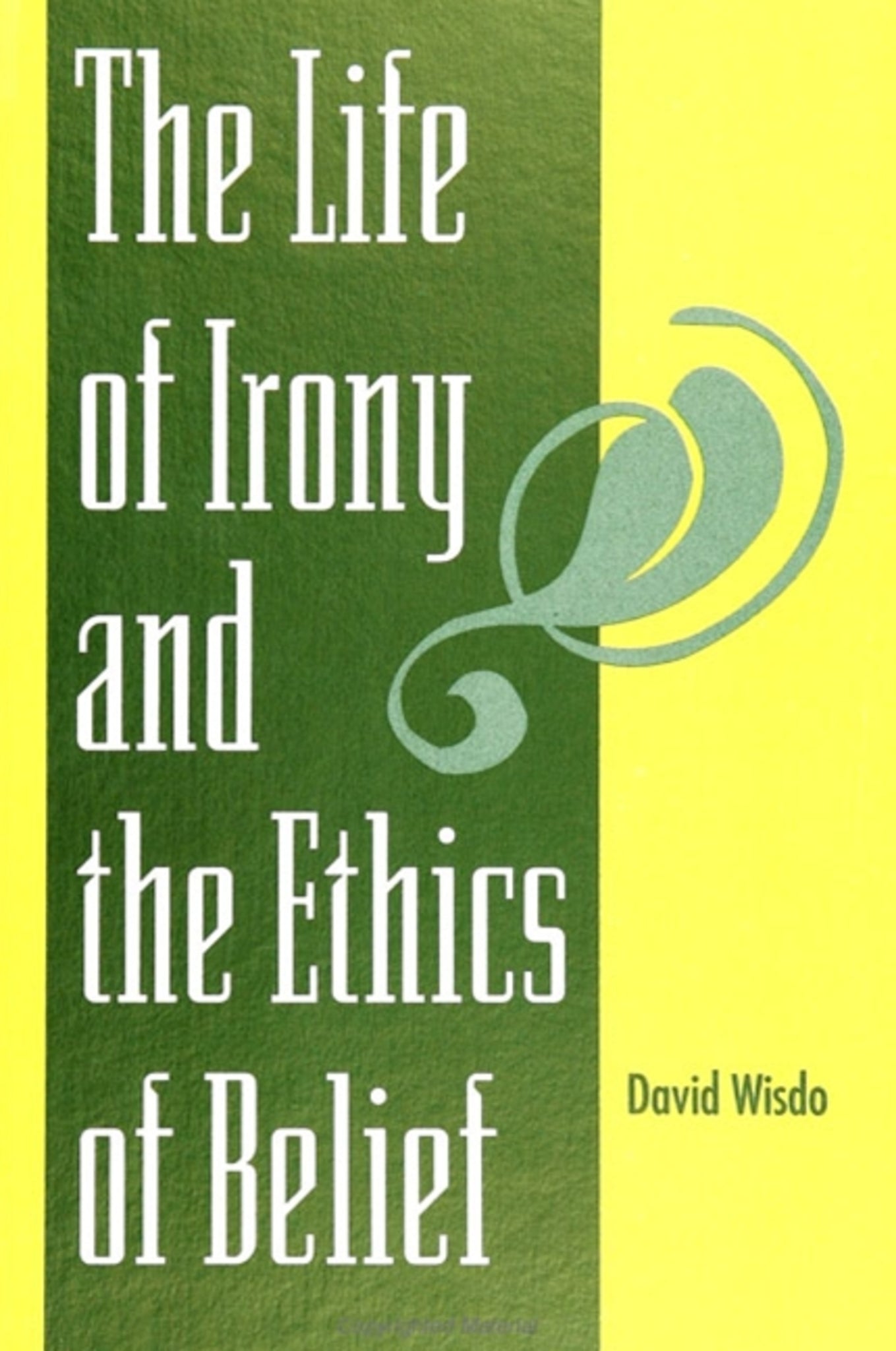We're sorry. An error has occurred
Please cancel or retry.
The Life of Irony and the Ethics of Belief

Some error occured while loading the Quick View. Please close the Quick View and try reloading the page.
Couldn't load pickup availability
- Format:
-
18 December 1992

Wisdo concludes that the fragility of religious belief is due to the unavoidable irony intrinsic to the religious life.


"This is a very personal, deeply reflective essay, wrestling with Kierkegaardian themes, such as the justification of religious belief and the grounding of moral commitments. The style of exposition is clear, sincere, and hence deeply engaging. Yet, at once, the essay is surprisingly sophisticated: the author ranges knowledgeably over philosophers from Locke and Descartes to Kierkegaard, Nietzsche, Wittgenstein, and recent work by David Wiggins and Richard Rorty. Within the context of the dialectic established by these philosophers concerning philosophical rationalism and anti-rationalism, this essay is a substantial contribution to the philosophical problem of the limits of rationality. This author thus manages to combine the exploration of scholarly historical and intellectual questions with a remarkably engaging personal reflection on the significance of these same questions—addressing, in the process, concerns which range through the boundaries of philosophy, religion, and ethics. I believe this work to be original and insightful." — George R. Lucas, Jr., The National Endowment for the Humanities
Acknowledgments
1. Self-Trust and the Ethics of Belief
2. The Ethics of Belief and Personal Knowledge
3. The Ethics of Belief and the Meaning of Life
4. Religious Belief and Self-Understanding
5. Self-Deception and the Ethics of Belief
6. The Fragility of Faith
7. Reductionism and the Ethics of Belief
8. Between Objectivity and Subjectivity: The Life of Irony
Bibliography
Index



